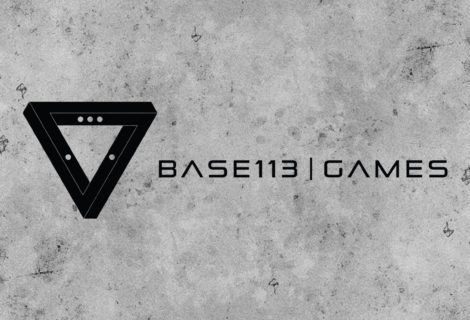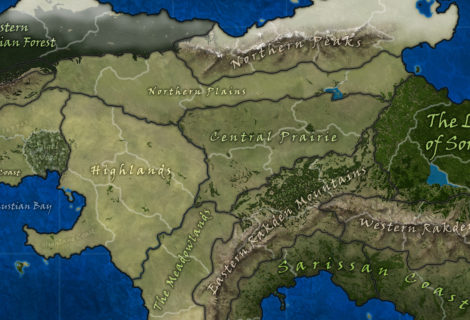Adapting Fate to the Strategic Game – Part One
As I’ve recently posted on the base113 Games subreddit, I’ve been working on integrating Fate mechanics into a strategy game that will exist alongside Proteus. This has been a long-term goal of mine for a while, but I intentionally held off on working on the strategy game because I wanted to get the roleplaying game closer to completion first. However, I suddenly had some ideas for using Fate mechanics on the strategic level and didn’t want to pass up the opportunity to make some progress. There’s also some real potential that developing the strategic game will further assist with worldbuilding and work on some elements of Proteus.
There are a couple of conceptual challenges I still have to deal with at the strategic level – not having a GM is a big one, but I’m making a little bit of headway there. Some members of the Fate Core G+ community recommended I check out a couple of other games as well, but all of them are a little too narrow in focus for what I’m going for. I may be overly ambitious, but the kind of game I want to play is a bit more epic in scale. Part of the challenge with this is two-fold: lack of a defined end point and the challenges of storing the game state between play sessions. Looking at some of the recommendations from others did lead to me rethinking the campaign & scenario approach, which may help with both of these issues.
I’d already been considering a sort of living campaign approach to introducing more of the storyline to both the strategic and roleplaying games, and scenarios works well with that. Expanding further, we could have multiple concurrent campaigns within the overall game world. Each would focus on a different set of global issues and affect the overall state of the world. Each campaign would include a variety of scenarios and adventures, and scenarios could take place at different levels of focus. Some scenarios would involve play across an entire region, while others would zoom into the local level of a single city or town. And of course a variety of characters would be engaging in adventures tied to all of it. Players could just play the adventures of the roleplaying game, focus on the scenarios of the strategy game, or they could play both – using their PCs to shape how organizations’ actions play out across the world and using organizations to change the state of the game world in which the characters exist.
Moving Forward
Thinking about the mechanics of the strategy game, it’s helpful to consider them in the context of a specific scenario within the game world. I’ve been taking a similar approach in my work on Proteus, choosing to focus on a time period prior to the timeline presented in the core game. This gives me the opportunity to work on the system in the context of the setting while simultaneously helping build the game world. It might also help present the game world to players during development. Taking the same approach with the strategy game should provide the same benefits.
One of the adventures I’ve been working on as a quickstart for Proteus is Planetfall. The PCs are the first humans to set foot on Ortellum; they must assess its viability and determine the best location in which to establish the colony. Getting the colony set up seems like a good scenario for the strategy game, so I’m using that as my starting point.
More to come…





Recent Comments